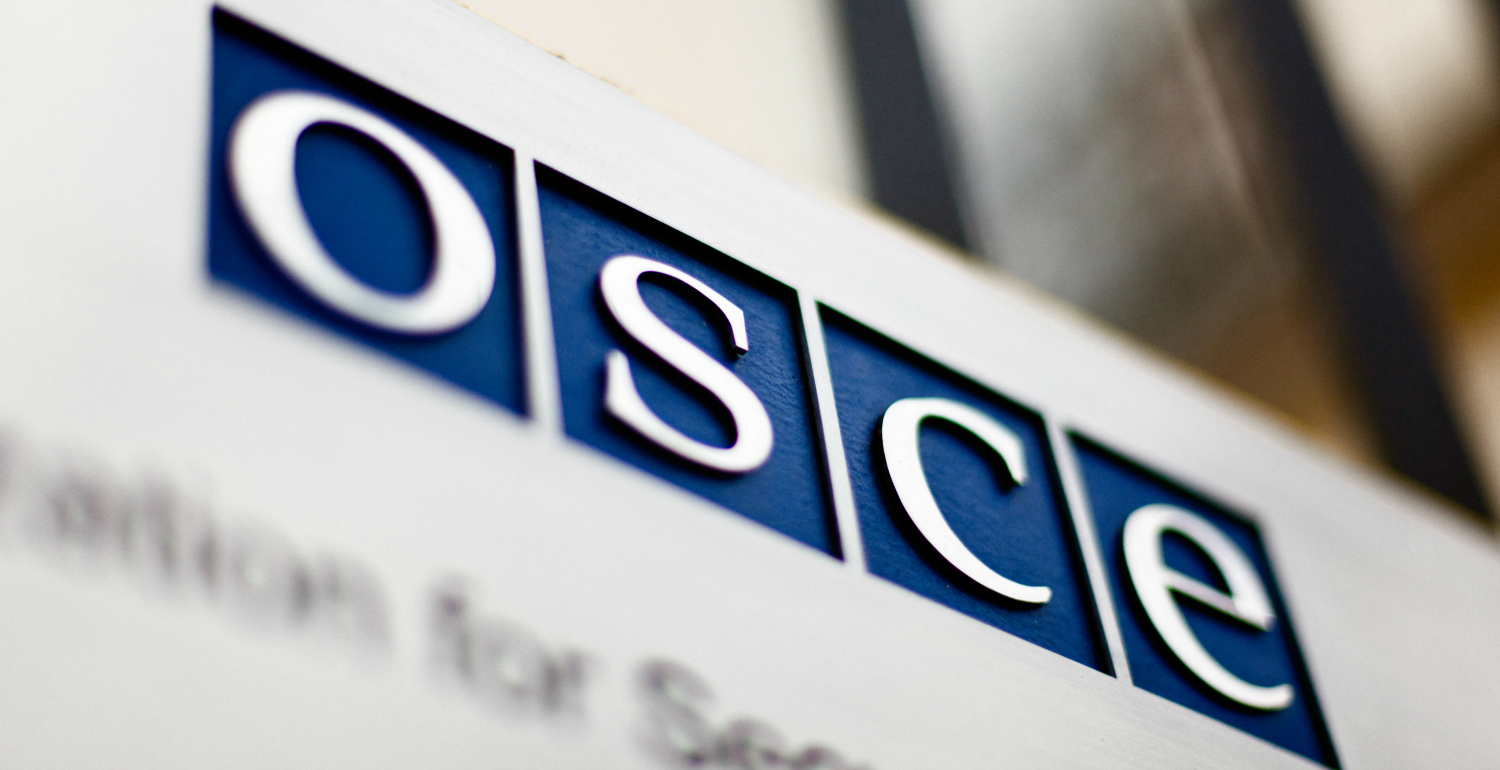This hearing examined property restitution and compensation efforts of the post-Communist governments of Central and Eastern Europe. In particular, this hearing examined their efforts in regards to the property of refugees who fled to the United States during World War II. Co-Chairman Smith reported on his efforts to personally raise concerns with officials of many countries regarding the need for nondiscriminatory laws that would be faithfully implemented. While Central and Eastern European governments have done much regarding restitution, the Helsinki Commission continued to receive a steady stream of letters from individuals and organized groups pleading for assistance in their struggles to recover stolen property.
Members
Hon. Christopher Smith
Co-Chairman
Commission on Security and Cooperation in Europe
Hon. Joseph Pitts
Commissioner
Commission on Security and Cooperation in Europe
Hon. Benjamin Cardin
Commissioner
Commission on Security and Cooperation in Europe
Hon. Joseph Crowley
Member of Congress
House of Representatives
Hon. Hillary Clinton
Commissioner
Commission on Security and Cooperation in Europe
Witnesses
Ambassador Randolph Bell
Special Envoy for Holocaust Issues
Department of State
Israel Singer
President; Co-Chairman
Conference on Jewish Material Claims against Germany; World Jewish Restitution Organization
Yehuda Evron
U.S. President
Holocaust Restitution Committee
Mark Meyer
Chairman
Romanian-American Chamber of Commerce
Olga Jonas
Secretary
Free Czechoslovakia Fund
Relevant Issues
Relevant Countries
Leadership

Conspiracy Theories, Antisemitism, and Democratic De...
Sep 18, 2025Antisemitism is indicative of underlying decay in societies where it prospers. Unique from other forms of racial or religious bigotry, antisemitism is often the terminal phase of conspiratorial thinking […]

BRIEFING—Conspiracy Theories, Antisemitism, and Demo...
Sep 17, 2025Rayburn House Office Building, Room 2358-C Stream live Antisemitism is indicative of underlying decay in societies where it prospers. Unique from other forms of racial or religious bigotry, antisemitism is […]

Helsinki Commission Advances Human Rights, Demands f...
Oct 19, 2023By Shannon Simrell, Senior Policy Advisor Between October 2-13, 11 Helsinki Commission staff joined approximately 1,400 representatives of OSCE participating States (pS) and civil society representatives in Warsaw, Poland in […]

United States Demonstrates Global Leadership on Ukra...
Jul 14, 2023The Helsinki Commission’s four senior leaders helmed the United States’ bicameral, bipartisan delegation to the 30th Annual Session of the OSCE Parliamentary Assembly last week in Vancouver, Canada. Co-Chairman Senator […]

The Alarming Rise in Antisemitism and Its Threat to ...
Dec 13, 2022In response to a rise in antisemitism in the United States and abroad, the Helsinki Commission held a hearing on December 13, 2022, featuring experts on preventing and combatting it. […]
CO-CHAIRMAN COHEN APPOINTED AS OSCE PARLIAMENTARY AS...
Jul 21, 2022WASHINGTON—Margareta Cederfelt, President of the OSCE Parliamentary Assembly (PA), has appointed Helsinki Commission Co-Chairman Rep. Steve Cohen (TN-09) as the first-ever OSCE PA Special Representative on Political Prisoners. “I welcome […]
Co-Chairman Cohen Condemns Lavrov’s Antisemitic Comm...
May 03, 2022WASHINGTON—In response to Russian Foreign Minister Sergei Lavrov’s recent antisemitic comments regarding Ukraine’s president and the people of Ukraine more generally, Helsinki Commission Co-Chairman Rep. Steve Cohen (TN-09) issued the […]
Following in the Footsteps of Tsar Nicholas II
Apr 27, 2022As Vladimir Putin attempts to turn back the clock to the Russian Empire of the pre-Soviet era, he also adopts a tool of political manipulation used in Imperial Russia—fostering violent […]
Debunking “Denazification”
Apr 21, 2022By Worth Talley, Max Kampelman Fellow On February 24, 2022, Russian dictator Vladimir Putin announced a “special military operation” to “demilitarize and denazify” Ukraine—in reality, a Russian invasion designed to […]
Lawmakers strike bipartisan note to condemn Putin, c...
Feb 24, 2022In a show of unity, Republican and Democratic lawmakers swiftly condemned Russia’s military attack against Ukraine and vowed to inflict economic pain on President Vladimir Putin by imposing a torrent of punishing new sanctions. […]
Chairman Cardin, OSCE participating States Commit to...
Feb 15, 2022By Ryn Hintz, Paulina Kanburiyan, and Worth Talley, Max Kampelman Fellows, and Shannon Simrell, Representative of the Helsinki Commission to the U.S. Mission to the OSCE On February 7 – […]


